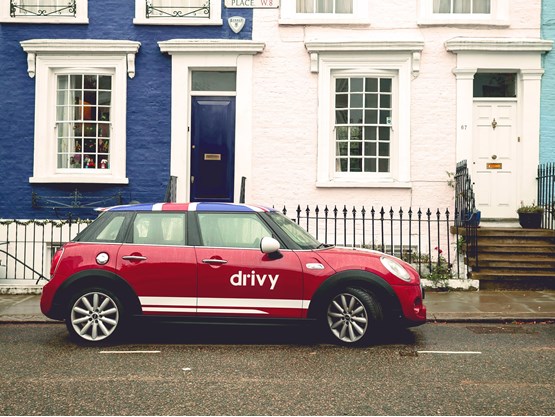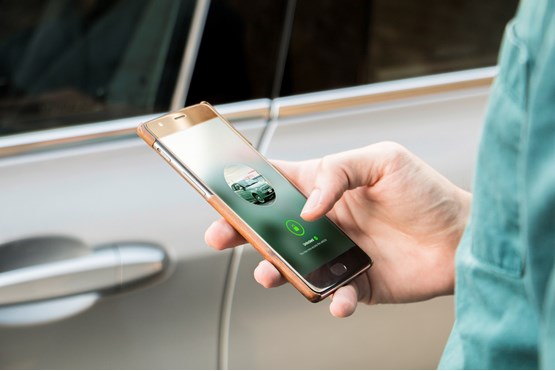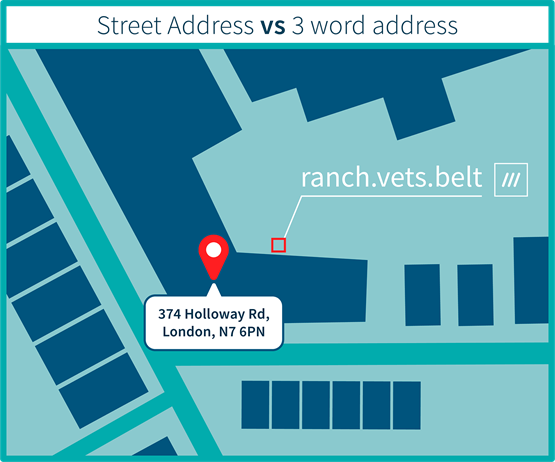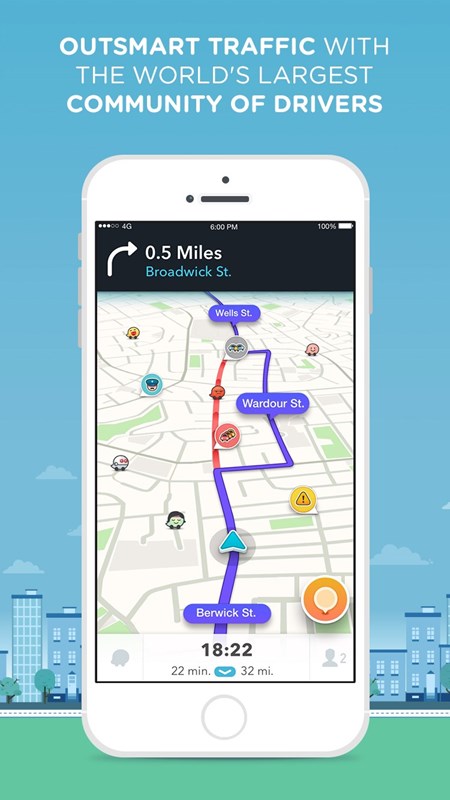New car-sharing platforms could allow fleets to generate revenue during vehicle downtime and deliver driver efficiency.
New models of vehicle ownership that tap into the sharing economy are giving fleets the opportunity to profit from their vehicles rather than suffer unproductive downtime.
Peer-to-peer car-sharing enables owners to make cars available for hire when they are not required.
Drivy is Europe’s largest peer-to-peer car sharing platform with 1.5 million members and 50,000 cars for hire throughout France, Germany, Spain, Austria and Belgium.

It began in London last November and will expand throughout the UK this year. Since its launch in 2010, Drivy has achieved year-on-year growth in excess of 100%.
The platform appears easy to use: there are no fees or subscription charges for either owner or hirer, only the rental costs. As soon as a rental starts, Drivy’s insurance (provided by Allianz) overrides the owner’s policy. Cars can be unlocked and started via a keyless entry system, and each hire is backed by 24/7 breakdown cover.
In the longer term, the platform will build trust in a similar way to other online peer-to-peer networks, such as eBay and Airbnb, via peer reviews.
What’s in it for vehicle owners? No less than 70% of the total rental price.

Paulin Dementhon, founder and CEO of Drivy, said: “The average car stands idle 95% of the time, resulting in massive under-utilisation of this expensive asset.
"While many of today’s highly mobile, city-dwellers have renounced car ownership for a variety of reasons, the proliferation of platforms like Uber, Lyft and BlaBlaCar suggests the car is still embedded in our daily lives.
“We’ve sought to bring car owners and carless urban dwellers together with a ‘win-win’ solution for both: a convenient and affordable car rental solution for consumers and a simple and secure way for car owners to earn money from their vehicle.”
Tapping into the same sharing economy, Europcar has also developed a peer-to-peer car sharing service called Drive & Share, working in partnership with car pooling platforms such as GoMore in France and SnappCar in Denmark and Germany.
With neat circularity, Europcar provides a car on a long-term hire agreement, ranging from three-to-12 months, and its customer then sub-hires the vehicle to others using the car pooling platforms.
Bye bye postcode-style addresses, hello three words

A smart new app could transform the efficiency of delivery drivers, service engineers and travelling sales representatives by revolutionising the way addresses are communicated.
What3words has divided the planet into 3 metre x 3 metre squares (57 trillion in total) and used an algorithm to convert the GPS coordinates of each square into a unique, three-word address.
The company claims the address is easier to remember and more accurate to pass on than those with postcodes. It works offline, without the need for a data connection, and the app to find a three-word address is free.
Logistics companies and despatch software systems are already integrating what3words to save time and money by delivering not simply to the correct address, but by immediately going to the right door of the right building.
Try these apps

- Waze
Brilliantly combining live traffic reports with navigation services, this app shares the data from drivers who have logged on to deliver real-time traffic information.
Alerts flag up jams, hazards and accidents, giving drivers the chance to plot an alternative route.
- Freeedrive
Fleet managers can leverage greater control to stop drivers using a smartphone behind the wheel with this fleet-focused app.
It activates automatically when the engine starts, has the capacity to block apps that are considered distracting to drivers and delivers a journey-by-journey compliance report to both driver and fleet manager.
- Moovit
Tapping into the concept of multi-modal mobility, this app contains a comprehensive guide to public transport times, stations and routes in more than 1,200 of the world’s cities.
It can plot the swiftest routes, so users can walk, bike, drive, catch a bus, drive, or mix and match.

 It’s an exciting period of change for the fleet industry and it’s never been more important for us to support and guide our customers.
It’s an exciting period of change for the fleet industry and it’s never been more important for us to support and guide our customers.
At the same time, we’re also evolving to reflect new regulation, changing market conditions, advances in technology and the opportunities they create.
In practical terms this includes revising the way we calculate wholelife costs, testing hydrogen vehicles, and working on new alternatives like vehicle sharing and our brand new electric
vehicle product. Thanks to our team of industry-leading consultants, our customers are well placed.
For example, we recently created a white paper for them called: “Clearing the air around diesel”.
It is designed to give fleets practical guidance to help decision-makers formulate their future policies.
It covers areas like the regulatory framework, manufacturer strategies and general fleet approaches.
During the second half of last year, diesel became perhaps the most discussed topic for our customers, which is why we’re committed to breaking down this complex subject.
Our stance at that point was that a lot of what was being reported was spurious and the correct thing to do was to be considered in our thought processes and take a position we believed was correct and sustainable. This measured thinking forms the basis of our white paper.
Certainly, our view continues to be that the fleets of the future will use a mix of all available fuels and that diesel will continue to be a viable and important element.
Arguably, the difficult part will be making the right fuel choices for the right applications, and helping fleets make these decisions is a key part of our consultancy offering.

















Login to comment
Comments
No comments have been made yet.